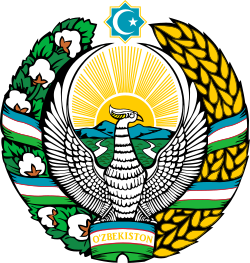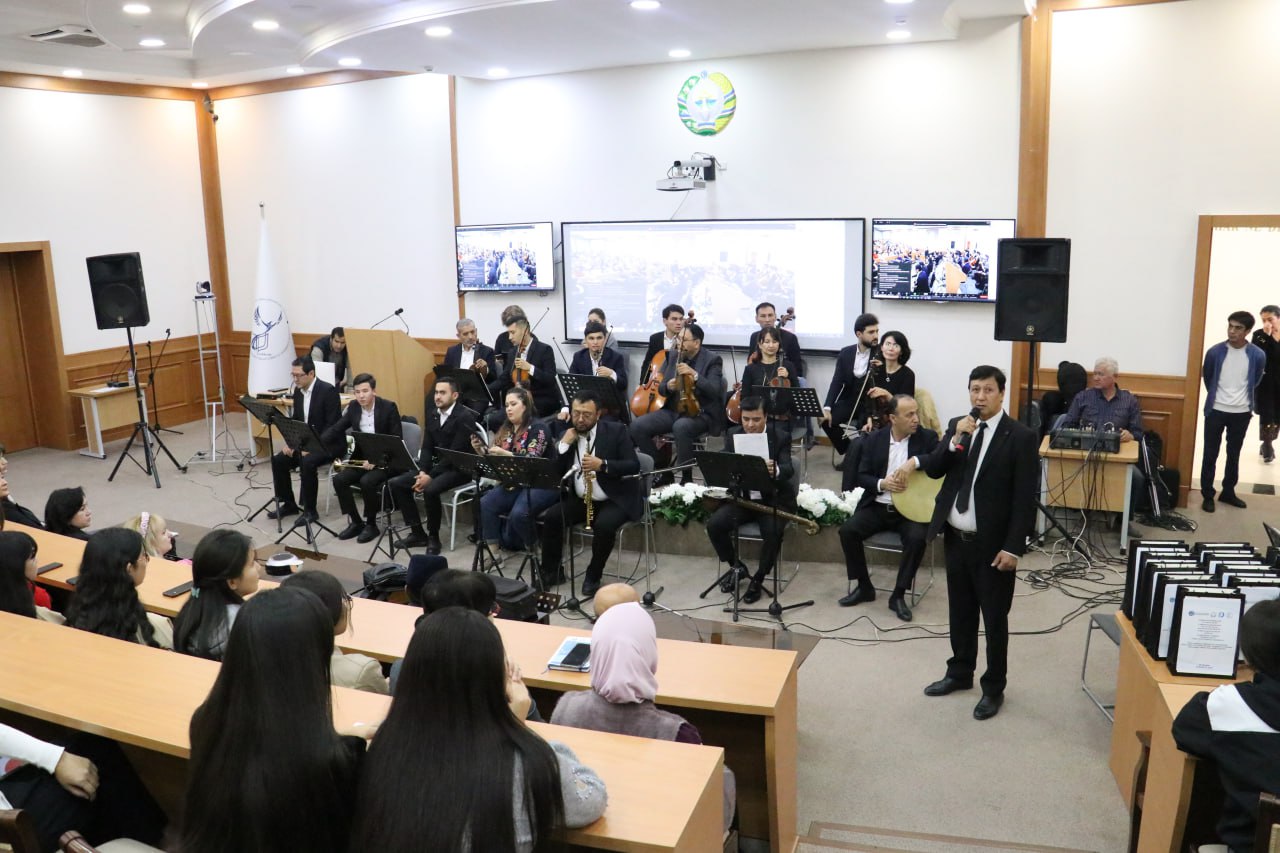
PREVENTING VIOLENCE AGAINST WOMEN AND ENSURING GENDER EQUALITY IN EDUCATION
On October 25, 2023, the Alisher Navoiy Tashkent State University of Uzbek Language and Literature hosted an international scientific and practical conference titled "Preventing Violence Against Women and Ensuring Gender Equality in Education". The event, organized by the Women's Council, the Youth Affairs Department, and the Youth Union of Uzbekistan, sought to tackle the critical issues of gender-based violence and inequality in education. The conference was held in alignment with the 2021 decree by the Cabinet of Ministers, which aims to improve the rehabilitation of women victims of violence and prevent suicides, as outlined in the "Program of Measures to Prevent Suicide Among Women."
The conference was graced by the participation of notable experts, including Dildora Solixo'jayeva, a leading specialist from the Ministry of Higher Education, Science, and Innovation, as well as community activists, scholars, doctoral students, and young talents. The event provided a platform for dynamic discussions and shared valuable insights into tackling the most urgent gender issues of today. The Botir Zokirov National Estrada Orchestra also joined the occasion, offering musical performances that resonated deeply with the participants.
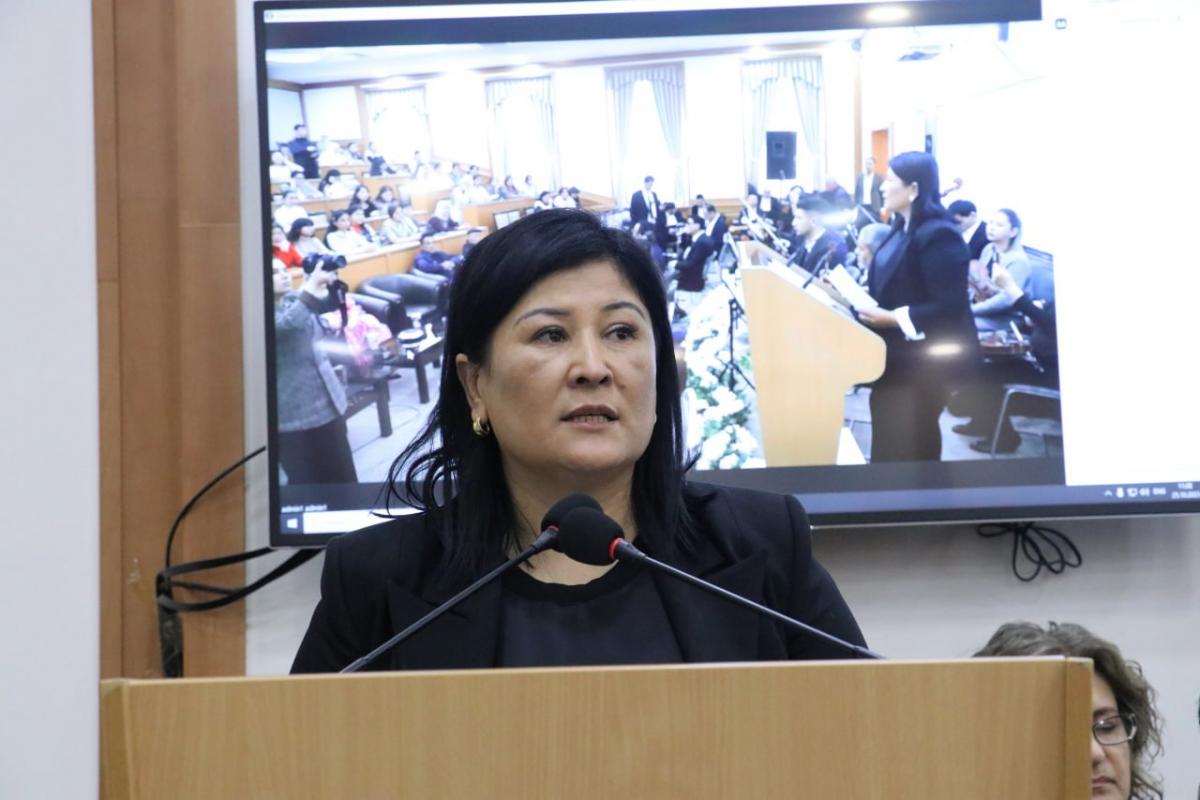
In the context of modern academic paradigms, gender sensitivity has gained considerable importance as part of the 21st-century competencies. Gender equality is a cornerstone of sustainable development. On an international scale, the United Nations’ Sustainable Development Goals (SDGs) emphasize gender equality and the empowerment of women and girls, addressing social inequality in various sectors. According to the Millennium Declaration's third goal (expanding women's rights and opportunities), member states are called upon to establish frameworks that incorporate gender considerations into government and parliamentary agendas.
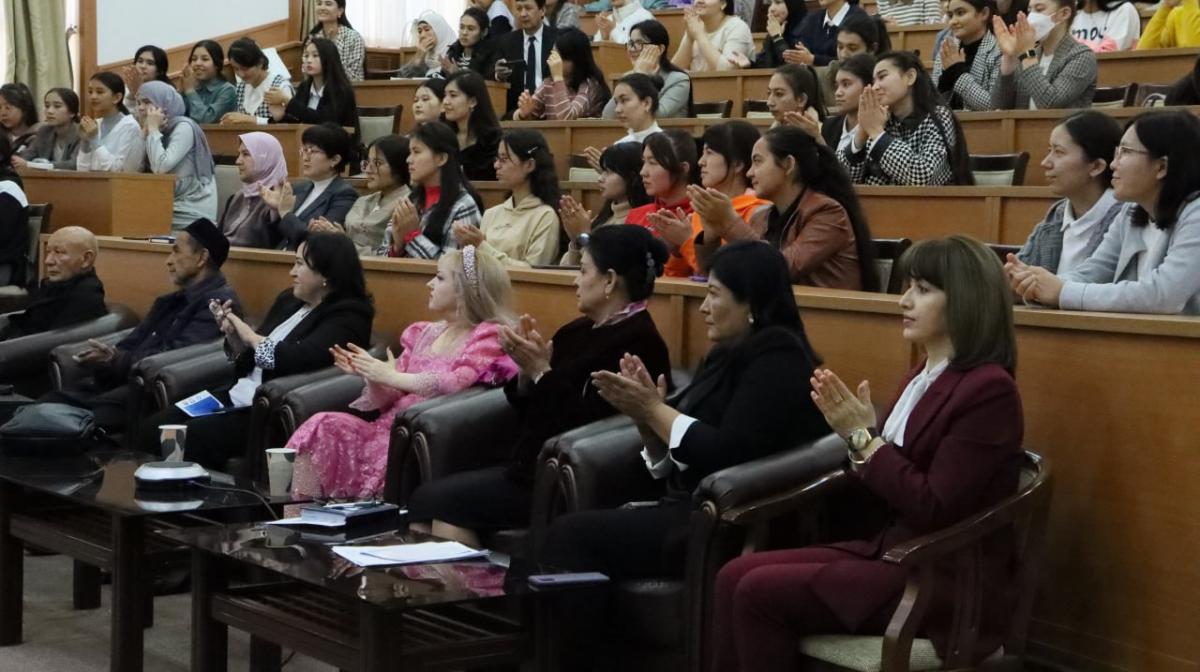
The "2030 Agenda for Sustainable Development" has explicitly outlined the need to achieve gender equality and integrate gender perspectives into all spheres of life. Among the goals, ensuring equal opportunities for women in education, economic participation, and political engagement is paramount. The agenda also advocates for eliminating all forms of discrimination and violence against women, including that perpetrated by men and boys. Gender mainstreaming in policy implementation is recognized as a crucial factor in achieving these goals.
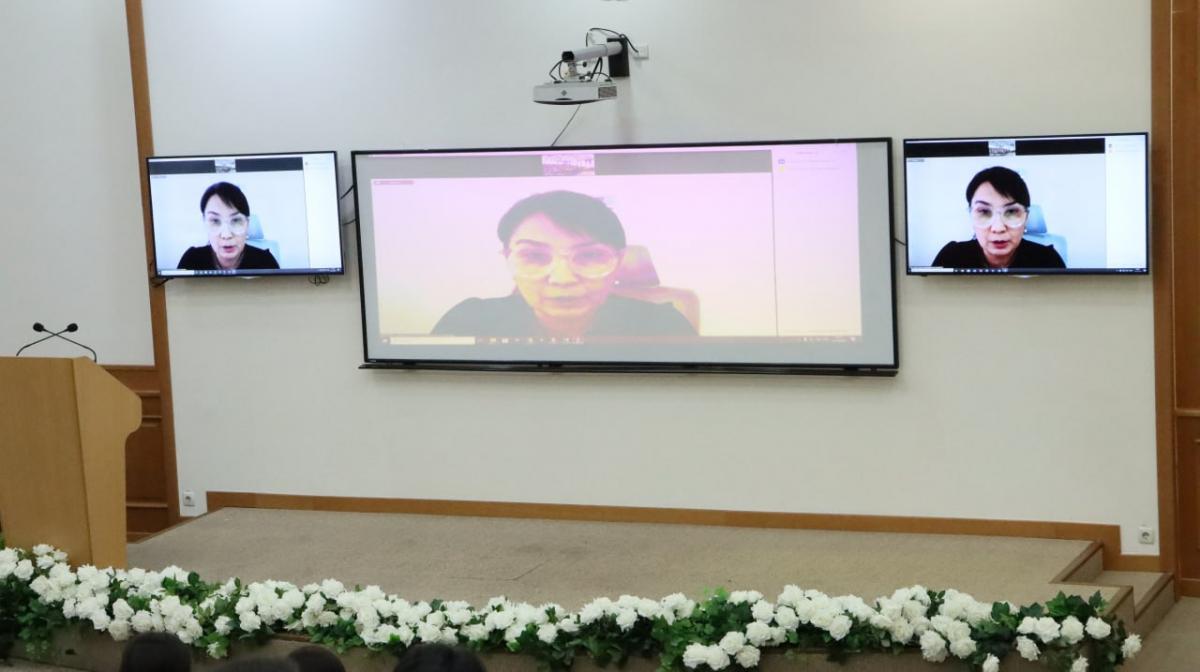
In this regard, the implementation of sociological research and continuous attention to gender issues in all aspects of society and policy-making is seen as an urgent task. The conference underscored the necessity of ongoing efforts to advance gender equality, not just as a social imperative but as a vital part of the broader development agenda.


